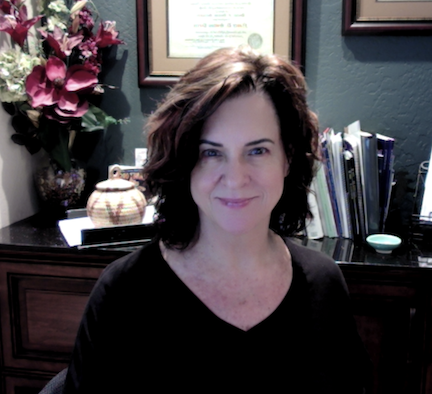
Fostering Healthy Adult Relationships

Understanding the Impact of Role Models on Relationships
Understanding the Impact of Role Models on Relationships
As we grow up, our primary role models are often our parents or guardians. We observe their interactions, attitudes, and behaviors, which shape our beliefs and interpersonal relationship styles.
The Responsibility of Re-evaluation
Entering adulthood presents an opportunity—and a responsibility—to re-evaluate these ingrained beliefs and habits. This conscious reflection allows us to choose which aspects to develop, discard, or reconsider. It is an ongoing process that requires critical thinking, heightened self-awareness, and a commitment to personal growth.
The Risk of Unconscious Patterns
Not everyone engages in this conscious evolution, increasing the likelihood of repeating toxic patterns learned during childhood.
The Dynamics of Relationship Hierarchy
In early childhood, our understanding of relationships is often hierarchical—primarily “Parent-Child.” As we form peer relationships, we may unconsciously adopt a parental role ourselves, especially if our upbringing lacked egalitarian dynamics. In families with authoritarian and submissive roles, individuals may gravitate toward the parent figure they identified with most strongly.
Conclusion
These dynamics can lead to complex relational patterns that may not serve us well in adulthood. Recognizing and addressing these influences is crucial for fostering healthier relationships.






Add A Comment